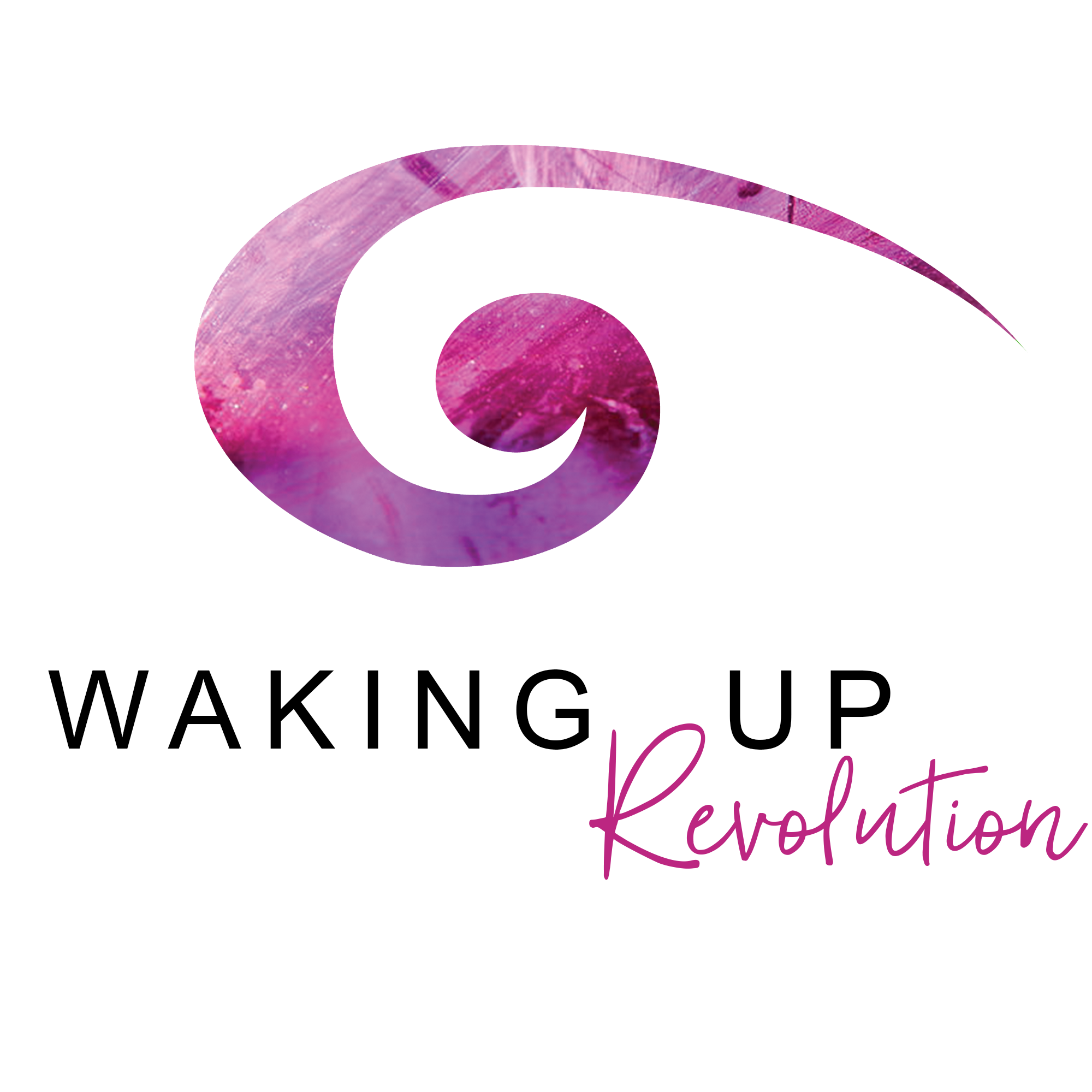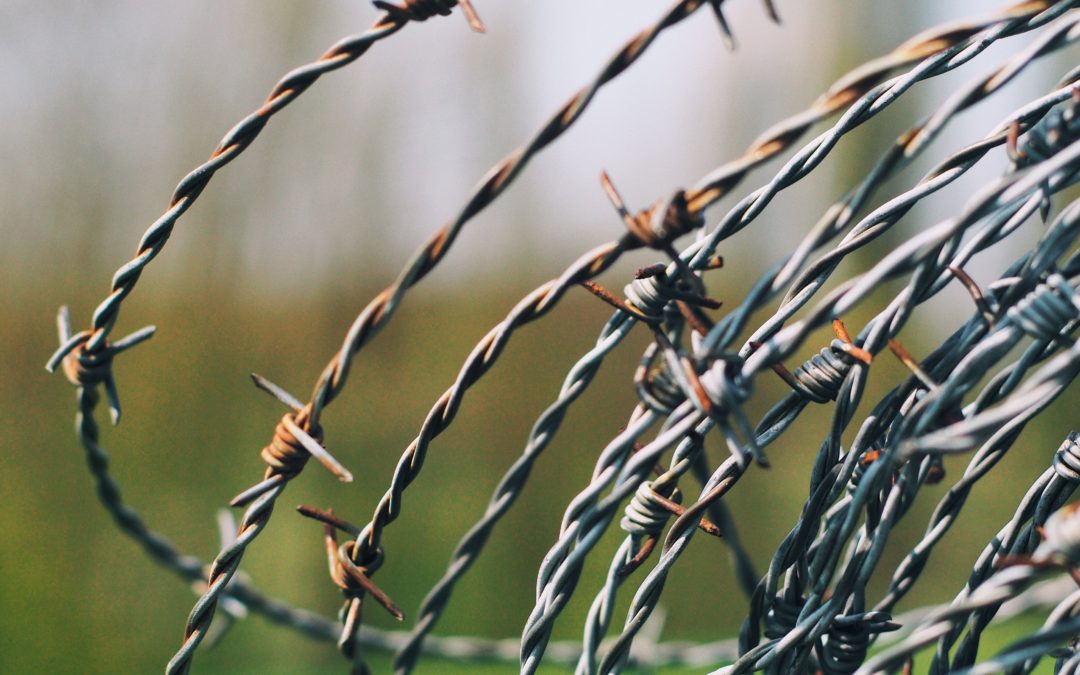During the summer of 2016, I decided to volunteer at the Tennessee State Prison for Women instead of lounging by the pool with my copy of Vogue.
Once a week, I drove 45 minutes through the rolling hills, past the white-fenced family farms and huge mansions, around downtown Nashville and on to the other part of town where the houses are small and dilapidated. A little bit farther north, and I was at the State Prison for Women.
I park the car and take only my keys, volunteer badge and a “Better Decisions” binder with materials of the program for which I’m volunteering. I leave my cell phone in the car. My husband and my kids know that I will text them when I get back out to my car. Until then, I’m unreachable.
After giving me a patdown, the officer locks the gate behind me, and I am in the prison.
It’s early evening, and the southern heat has broken. Under big canopies of trees, women sit together, talking calmly and quietly.
I enter a building where inmates are waiting for their meds — most of them for mental and drug-related illnesses.
My partner meets me in the visitor’s gallery. “Better Decisions” calls us ‘partners,’ not mentor and mentee. I sit at the same side of the table with my partner, and we begin our session.
The whole concept is based on the premise that each of us, with tools and support, is able to learn to make good decisions. That way, we gain independence from someone else deciding things for us. When it comes to making decisions about our actions, no one has more power or qualifications than we do.
As long as we let others control our lives, we can never gain freedom. We will always stay imprisoned by the codependency – whether it’s a drug addiction, a broken system that doesn’t treat everyone with the same care and dignity (and lets many go unnoticed, abused and unprepared for life), or lies about ourselves we accepted as truth (such as, “You’ll never get out of here,” or “You aren’t good enough,” or “Who do you think you are?”).
We all have these prisons from which we want to be released — this is what I think as I watch my partner work diligently through the worksheets of the Better Decisions program. There are many of us who never learned to make those ‘better decisions’ for ourselves.
ALARMING SITUATION
One-third of all the world’s incarcerated women are in the USA. (according to the Institute for Criminal Policy Research) Two-thirds of these women have committed non-violent crimes related to drugs or property. In Tennessee, more than half of those have a history of sexual or physical abuse.
Many of these women started using illegal drugs to numb the pain from the abuse. Drug addiction is an expensive habit that’s almost impossible to break without professional support. Despite the help available, many of these women don’t have the support (financial or moral) to go through drug rehab. In order to support their addiction, they became an easy prey for pimps, sex traffickers and drug dealers. Once the women find themselves stuck in this cycle, their situation seems helpless. Often, they are threatened with more violence against them and their family members.
A prison sentence becomes a welcome change – a place where they are safe for a while and can rest from the street life and violence. Unfortunately, once the women are released from prison, the pimps and traffickers are waiting for them, sucking them back into the never-ending cycle. Many don’t have any other place to go to. As hard as it is for a healthy person to start a new life from scratch, it’s much more difficult for a woman vulnerable to her addictions and abuse, and with a criminal record.
An organization such as “Better Decisions” is an initiative at a grass-roots level to help incarcerated women and men to restore their lives. One life at a time.
A CHANCE IS GIVEN

I first became aware of these cycles of drugs, prostitution and criminal behavior through “Thistle Farms,” in Nashville. Thistle Farms is a social enterprise that restores the lives of adult female survivors of sex trafficking, prostitution, addictions and abuse. Through a two-year residential recovery program as well as employment opportunities, these women are given a second chance.
It was at Thistle Farms that the horrific stories of rape, suffering and violence – for me – took the shape of real people, with faces and handshakes and hugs.
One person I met that year was Jennifer, who has a beautiful smile and contagious energy. She was abused as a child by a family member. Threatened by her abuser, she stayed silent and turned to drugs. Running away from home as a teenager made her into an easy target of sex traffickers and drug dealers. Her cycle was a horrific nightmare, until she found Thistle Farms.
Dorris was a little girl when she witnessed a family member shoot and kill her father. The trauma of it was too huge for Dorris to bear, and drugs were too easily available for her to pass on. Dorris found herself working the streets, turning tricks so she could support her drug habit. She heard about Thistle Farms while she was serving her prison sentence.
Jennifer and Dorris, like many many others who graduated from Thistle Farms’ Magdalene Program, are now restored. They have been freed from crime and violence, and from their drug addictions and pimps. They are free physically and economically because Thistle Farms helped them to develop good work habits and gain confidence for living a good life. Many are also free from the emotional and mental chaos that was caused by the abuse. Today, they are the ones reaching out to others so they too can be freed.

Susan (volunteer), Dorris, me, Jennifer, Gayle (volunteer), and Donna during a special episode of my television talk show, Waking Up in America.”
Each time as I left the prison after our sessions, I would hope that my Better Decisions partner would find that freedom as well.
THE BEST DECISION
At the end of that summer in 2016. I sat with Dorris at the Thistle Farms cafe and spoke with her about organizing workshops and live events. She was the managing coordinator of live events, working with women who were starting to speak out and raise awareness about restoring the lives of similarly abused and disadvantaged women across the globe.

“So how was your summer?” Dorris asked at the end of our meeting.
“It was busy with kids, and I feel a bit tired,” I said, “but deciding to volunteer at the prison was the best thing I did in a long time.”
I hope I made at least a small difference in my partner’s life – as part of the wonderful program. Since I started with Better Decisions, I’ve learned so much and have talked about it to all of my subdivision mom-friends.
On top of that, it’s really good to know how each of us can make a decision to be a part of the solution, instead of always complaining about the problem.
And through the process of getting involved, our lives shift. We, too, are freed from feeling helpless. Or, we are freed from believing that we are stuck in a system that doesn’t work, or from thinking that if we hide ourselves in our pretty dollhouses and ‘safe neighborhoods,’ that what’s outside is not ‘our’ problem – not even realizing that we are only creating a prison for ourselves.
‘By the way,” Dorris said that day before I left,“I love your pink hair!”
“It just felt so freeing to decide to do it,” I said, feeling, strangely, let out of my own prisons of fear from other people’s opinions and criticism.

CONNECT WITH ME

